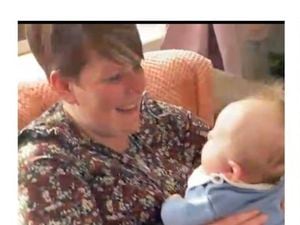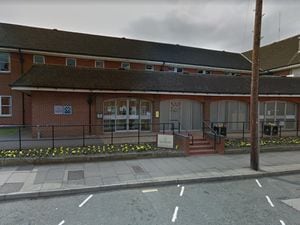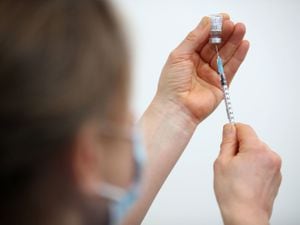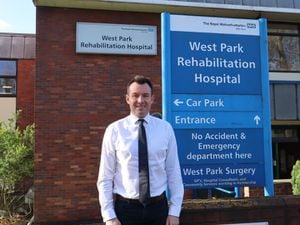Wolverhampton part of clinical trials to detect bowel cancer
Artificial intelligence is being used in a groundbreaking clinical trial to help improve the detection of bowel cancer.
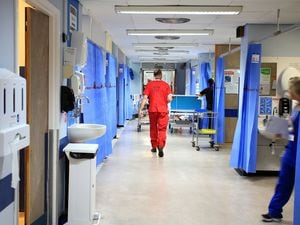
Wolverhampton is one of nine areas across the country running the colo-detect study, which sees researchers using AI technology to improve polyp detection during colonoscopies.
This improvement will allow doctors to detect signs of bowel cancer at its earliest stages, with the ultimate aim of saving lives.
Artificial Intelligence (AI) technology is the ability of a computer or a robot controlled by a computer to do tasks that are usually done by humans because they require human intelligence.
In total, 91 patients have been recruited at The Royal Wolverhampton NHS Trust to date, with 16 in January 2022 and 28 in February, making the trust the highest recruiter in the UK for both these months.
Dr Aravinth Murugananthan, consultant gastroenterologist at RWT and principal investigator for the study, said: "The introduction of AI into colonoscopies is a very exciting breakthrough, and from this study we hope to gather evidence to further the adoption of AI into routine colonoscopies across the NHS, helping to reduce bowel cancer deaths across the UK."
Colorectal cancer, also known as bowel cancer, is the third most common cancer in the UK found in both men and women and the second most common cause of cancer deaths.
Marie Green, senior research nurse at RWT, said: "We are truly grateful to everyone who has agreed to take part in this study - their contribution will really help future patients to be diagnosed earlier and improve their prospects."
When diagnosed at its earliest stage more than nine in 10 people with bowel cancer will survive their disease for more than five years, compared with one in 10 when it’s diagnosed late.
Colorectal cancer affects 1 in 15 men and 1 in 18 women in the UK with 16,600 deaths every year, making it the UK’s second most deadly cancer.
The GI Genius AI endoscopy module is trained through reviewing more than 13 million polyp images of various shapes and sizes.
This algorithm enhances clinicians’ ability to detect polyps during a colonoscopy examination.
Dr Laura Neilson, consultant gastroenterologist at South Tyneside and Sunderland NHS Foundation Trust which is leading the study and was the first to recruit a patient into the trial.
She said: "Bowel cancer is entirely treatable and in most cases curable, especially if it’s diagnosed early - which is why this study is so important.
"Colo-detect is without question, world leading research and we are delighted to be the first hospital in the UK to recruit a patient into this trial and to be leading this pioneering research."

